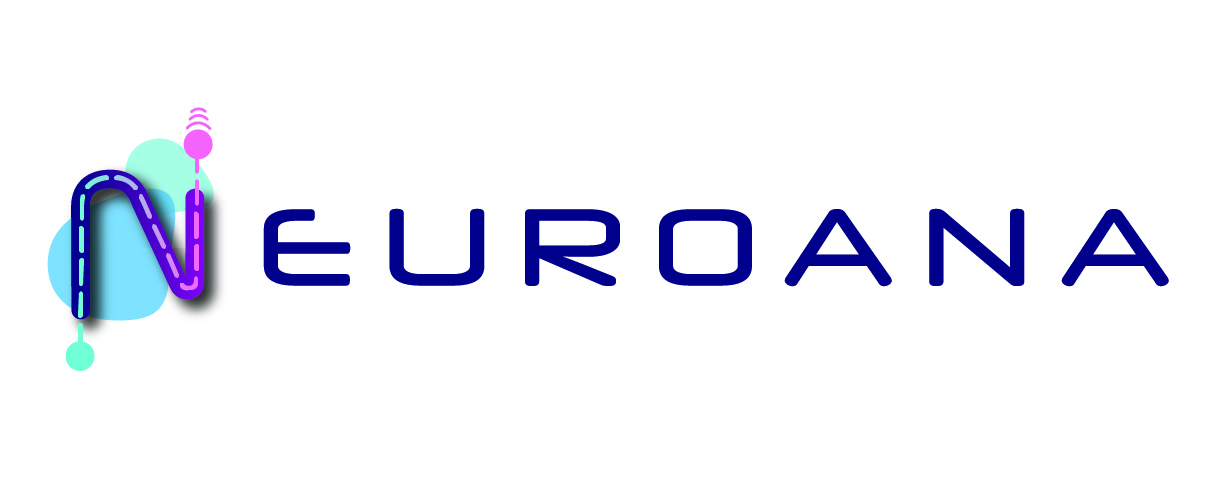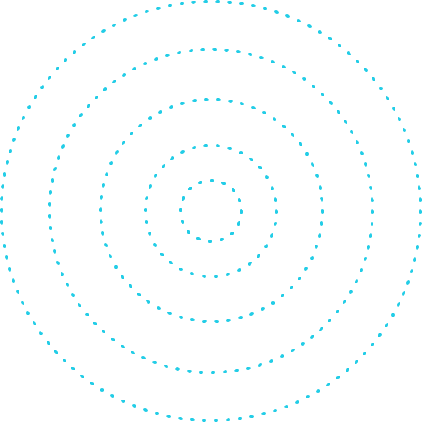In a groundbreaking development, biotech startup Motif Neurotech is pioneering a brain implant designed to offer hope to individuals suffering from treatment-resistant depression. Originally conceived as a research project at Rice University, Motif Neurotech has secured a substantial $18.75 million in Series A funding, led by Arboretum Ventures, to propel its innovative technology forward.
The brain implant, still in the developmental stage, has not undergone comprehensive human testing or clinical trials. Despite the funding injection, trials to assess its safety and efficacy in treating depression are likely years away, and the company has not provided a specific timeline for these crucial milestones. Instead, Motif Neurotech plans to utilize the funding to advance the development of its flagship product—a fingertip-sized, battery-free implant known as the DOT microstimulator. Click here to read more.


0 Comments